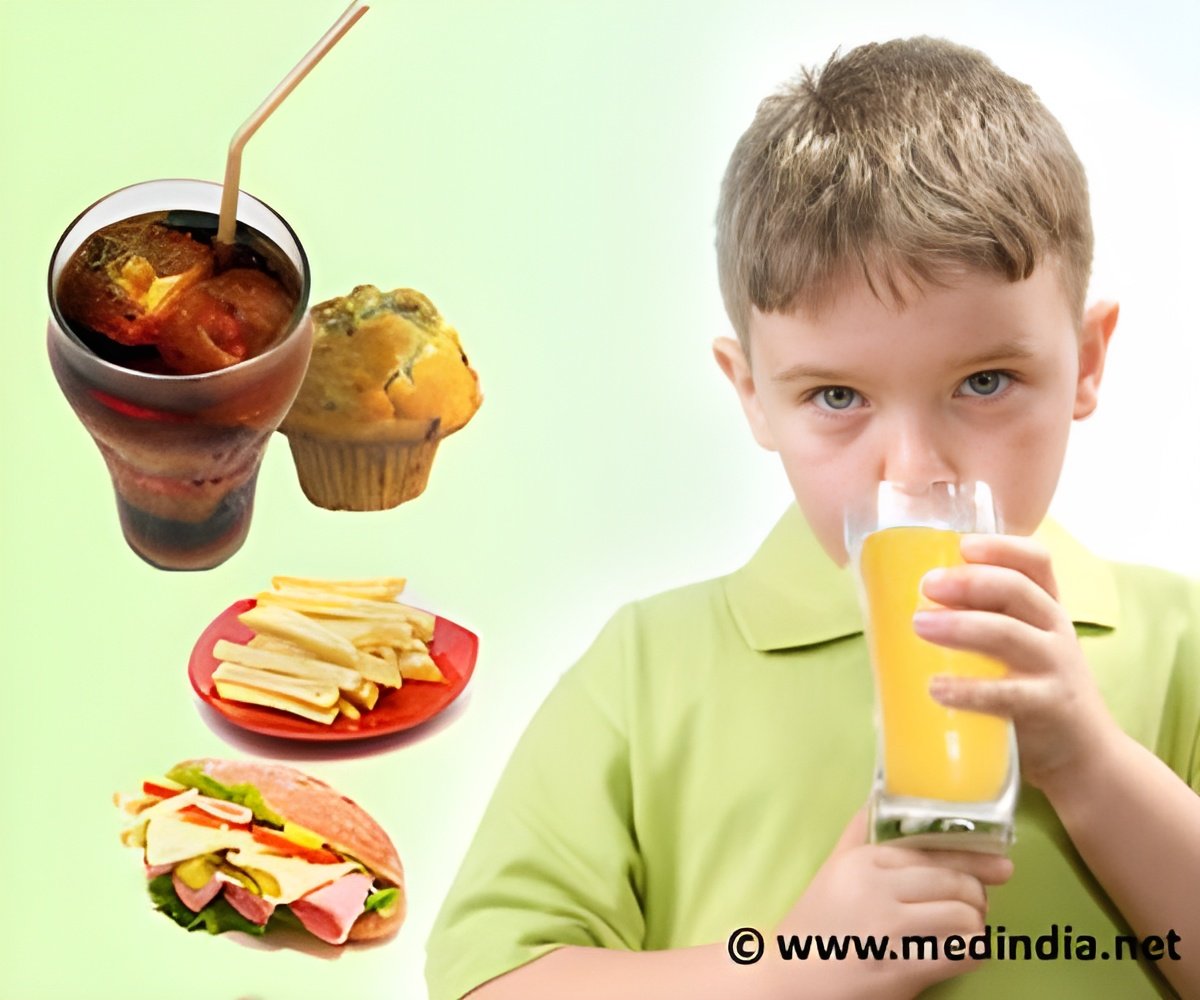
The study found that than 40 percent of reports to the National Poison Data System for "energy drink exposure" in a three-year span.
The study reports that, of the 5,156 reported cases of energy drink exposure, 40 percent were unintentional, (i.e. unforeseen or unplanned) exposures by young children, while moderate to major outcomes were reported in 42 percent of cases involving energy drinks that had been mixed with ethanol (alcohol) and in 19 percent of non-alcohol-containing energy drinks.
The study also found that among cases across all age groups with major outcomes, cardiovascular effects (including an abnormal heart rhythm and conduction abnormalities) were reported in 57 percent of cases, and neurologic effects (seizures, including status epilepticus) in 55 percent.
Steven Lipshultz, M.D., the study's senior author and professor and chair of pediatrics at Wayne State University and pediatrician-in-chief at Children's Hospital of Michigan in Detroit, said that this disproportionate representation of children is concerning given the number of reports of serious cardiac and neurological symptoms.
Researchers said that energy drinks have no place in pediatric diets and anyone with underlying cardiac, neurologic or other significant medical conditions should check with their healthcare provider to make sure it's safe to consume energy drinks.
Advertisement
Caffeine poisoning can occur at levels higher than 400 mg a day in adults; above 100 mg a day in adolescents; and at 2.5 mg per kilogram (2.2 pounds) of body weight in children younger than 12, but the researchers don't yet know whether compounds other than caffeine in the drinks contribute to the ill effects. Many of the added ingredients have never been tested for safety in children and have never been tested in combination.
Advertisement












